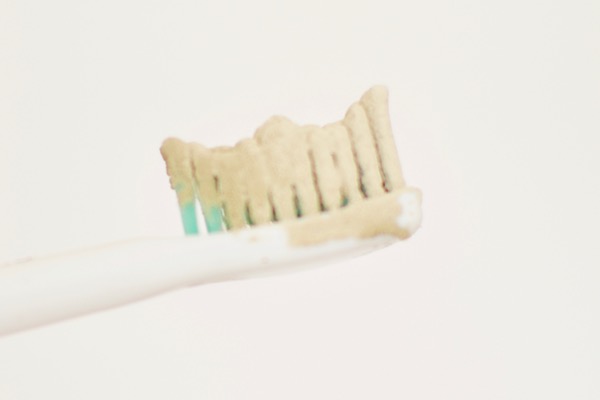Find out what’s the reason so many are allergic to food…
Food allergies are actually a fairly recent thing–perhaps in the last 20 or 30 years. There were very few people throughout history who have suffered from peanut allergies or gluten intolerance, but only in recent history have food allergies become a thing of concern. So could there be something that we–modern mankind–are doing wrong?
Why We Are Allergic to Food
Did you know that food allergies increased over 50% in just 10 years? Between 1997 and 2007, the number of food allergies reported spiked! But what could be causing this? According to a number of experts, a lot of the blame rests on the shoulders of antibiotics.
Many naturalists have been ranting and raving against antibiotics for years, but perhaps there is a little bit of truth in what they say. Studies have discovered that there may be a concrete link between food allergies and high antibiotic use.
In 2004, a study conducted in the University of Chicago took a look at the connection between food allergies and the bacteria living in your guts. A number of rats with peanut allergies were tested, and their reactions to the peanuts noted.
However, the scientists leading the study then gave the rats a type of gut bacteria called Clostridia, which is found in the human body. (Note: Clostridia refers to an entire class of bacteria, with thousands of different strains.) When the rats were given this bacteria, their peanut allergies disappeared entirely. The human bacteria completely did away with their food allergies!

READ MORE: Beetles in Your Food
Since 2004, the researchers who led this study have continued to examine the role of gut bacteria in food allergies and digestive health. They’ve looked at why the human body reacts strongly to certain foods when literally EVERYTHING we put in our bodies is technically “foreign material”–meaning it wasn’t produced in the body.
Their research led them to REMOVE certain gut bacteria from the mice’s digestive tract, and almost immediately the mice developed food allergies once more. Antibiotics were used to remove the bacteria, and only once they re-introduced the Clostridia bacteria to the mice did their food allergies disappear.
Now, the truth is that it’s very difficult for the doctors to identify just which strain of Clostridia bacteria can be the one to defend against food allergies–or if there even is just ONE. There are so many types of bacteria floating around the human body that it’s difficult to isolate the most important ones, so a lot of research is left to be done in order to determine which of the Clostridia bacteria will be the one to play a central role in gut health.
However, it’s important to note that antibiotics are linked to food allergies. They may not be DIRECTLY responsible, but the fact that antibiotics can get rid of the Clostridia bacteria means that they are basically suppressing the bacteria that can prevent food allergies.
Remember that many children are given treatments for viral and bacterial infections at a young age, as the increasingly concerned parents of today are resorting to medicinal treatments rather than at-home remedies. This means that children are exposed to antibiotics from a young age, which can in turn lead to the suppression and elimination of the Clostridia bacteria. If this happens, more and more children will develop food allergies.
On a side note, many “Diseases of Western Lifestyle” have been linked to antibiotic use, so there’s valid cause for concern with antibiotic use–especially in children and babies!








